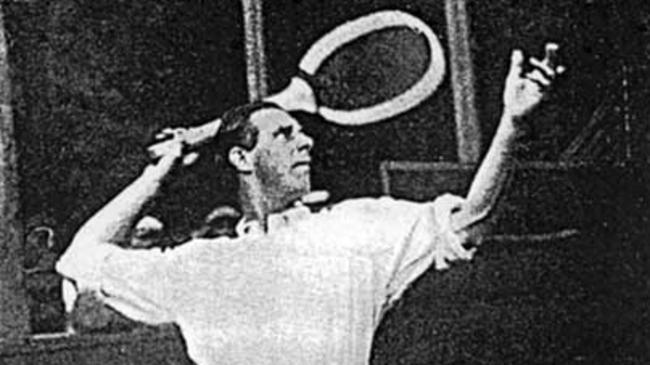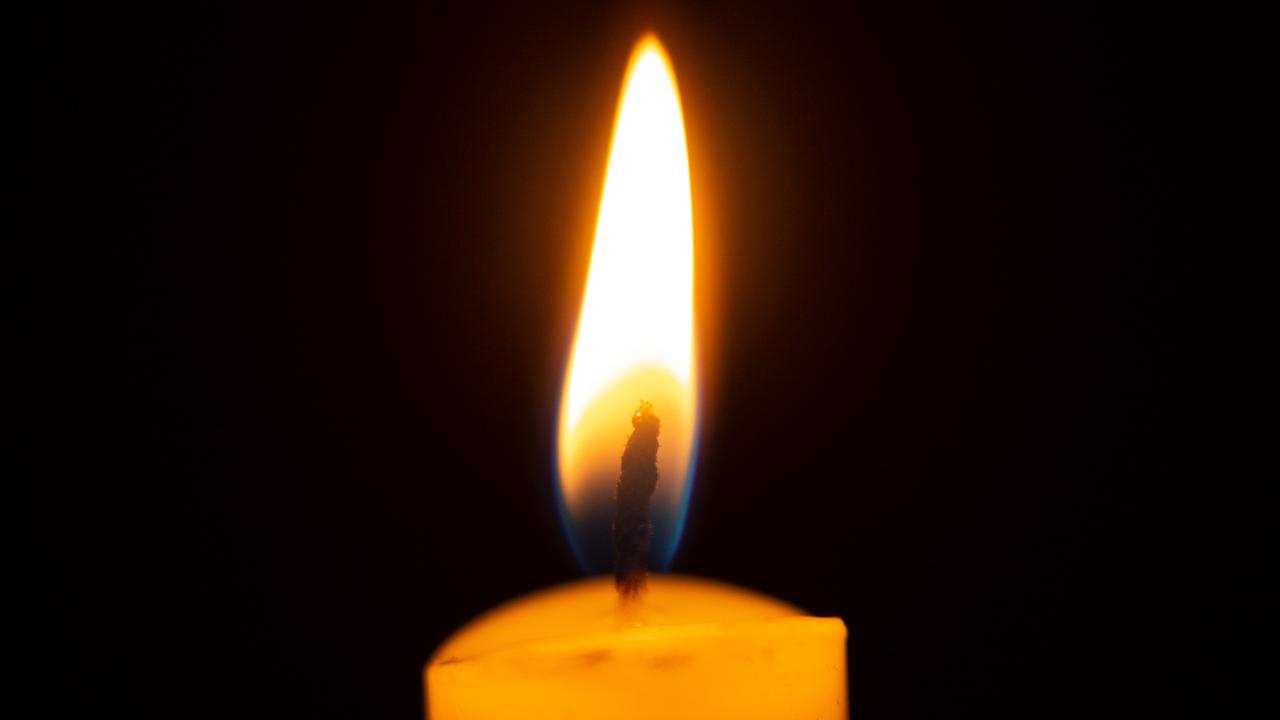Anzac Day Gallipoli 100th anniversary: Sporting elite not spared horrors of war
AT 30, Anthony Wilding was a four-time Wimbledon champion, the Roger Federer of his generation. At 31, he was dead, killed by an enemy shell that exploded on top of the dugout he was sheltering in.

ANZAC Centenary
Don't miss out on the headlines from ANZAC Centenary. Followed categories will be added to My News.
AS the crow flies, a mere 200km separate Worple Road, London from Neuve Chapelle in northern France.
In 1915, as hostilities raged on the Western Front, New Zealander Anthony Wilding made that trek by ship, train and armoured car.
A century ago, that relatively short journey was not so much impulsive jaunt as one-way journey from civility to unimaginable horror and probable death.
Europe in 1915 was a far different place to the continent Wilding knew so intimately as he gallivanted from city to city as the world’s finest tennis player, feted by adoring supporters.
His descent into hell - partially on the advice of Winston Churchill, one of the Kiwi’s legion of fawning admirers - was calculated.
What made Wilding’s odyssey from the gentility of the All England Club’s manicured lawns to the brutality, filth and inhumanity of the Western Front’s bloody trenches so notable was his sporting prowess.
At 30, he was a four-time Wimbledon champion, the world’s most celebrated tennis player, the Roger Federer of his generation.
At 31, he was dead, killed by an enemy shell that exploded on top of the dugout he was sheltering in during the battle of Aubers Ridge.
The calendar, even in a slower, notionally more civilised era, goes only some of the way to capturing the poignancy, and suddenness, of Wilding’s sacrifice.
ANZAC LIVE: GALLIPOLI IN REAL TIME
PROMISING VFL FOOTBALLERS WHO FELL AT GALLIPOLI
On July 4, 1914, Wilding contested his fifth successive final at Wimbledon , losing to Australasian Davis Cup teammate Norman Brookes, the man regarded as the father of Australian tennis.
On May 9, 1915, only 309 days later, Wilding was dead as Brookes served with the Red Cross in Egypt.
The day before his death, flanked by farmers, accountants and factory workers, Wilding penned his last letter.
“For really the first time in seven and a half months I have a job on hand which is likely to end in ... I, and the whole outfit, being blown to hell,” he wrote.
“However if we succeed we will help our infantery (sic) no end.”
Wilding’s death was one of several casualties seized upon by eminent British citizens to boost recruitment.
WG Grace, then the world’s most famous cricketer, is widely regarded as having driven a cultural change among sportsmen by expressing his despair over the fact several athletes had preferred sport to service.
“I think the time has arrived when the county cricket season should be closed, for it is not fitting at a time like this that able-bodied men should be playing cricket by day and pleasure-seekers look on,” Grace wrote after the British suffered heavy casualties in Belgium.
Grace’s patriotism had a profound impact.
Eight months after Grace’s letter was published, Australian athletes — including a swag of footballers — enlisted, and soon died in battle.
South Australian cricketer Charles Backman was killed during the Gallipoli landings on April 25, 1915.
NSW fast bowler Albert “Tibby” Colbert was the first Australian Test cricketer to perish, on October 31, 1917 in Palestine.
In England, patriotic fervour was fanned by men such as Churchill, Grace and author Arthur Conan Doyle.
The Telegraph estimates up to 2000 of Britain’s 5000 professional footballers in 1914 signed up, as politicians urged sports clubs, bankers, farmers and doctors to form their own regiments.
Across the British Isles, young men from similar football backgrounds fell in battle. Tottenham Hotspur lost 11, Newcastle United seven, West Ham five, Orient three. It was a toll all too familiar at Manchester United, Bradford, Arsenal, Celtic, Preston, Bristol City and Hibernian.
Many of the county cricketers Grace goaded — almost one in six — failed to return.
At least 34 first-class players were killed among 210 county players who served.
England spinner Colin Blythe was killed at Passchendaele in 1917. Regarded as one of the finest bowlers of his time, Blythe took 100 wickets in 19 Tests.
Rugby’s toll was as grim.
Former captain Ronnie Poulton-Palmer was among 26 England players to fall along with 30 from Scotland, 23 French, 14 Welsh, 12 All Blacks and nine Wallabies.
There were others, too, from other sports.
And there were those who survived, including English tennis player Hope Crisp.
Crisp had his right leg amputated in 1915 after being wounded at notorious Hill 60 near Ypres.
Four years later, Crisp contested Wimbledon’s mixed doubles, using a prosthesis.
Beaten in the second round, Crisp was hailed for his bravery as he hobbled around the court.
Originally published as Anzac Day Gallipoli 100th anniversary: Sporting elite not spared horrors of war


